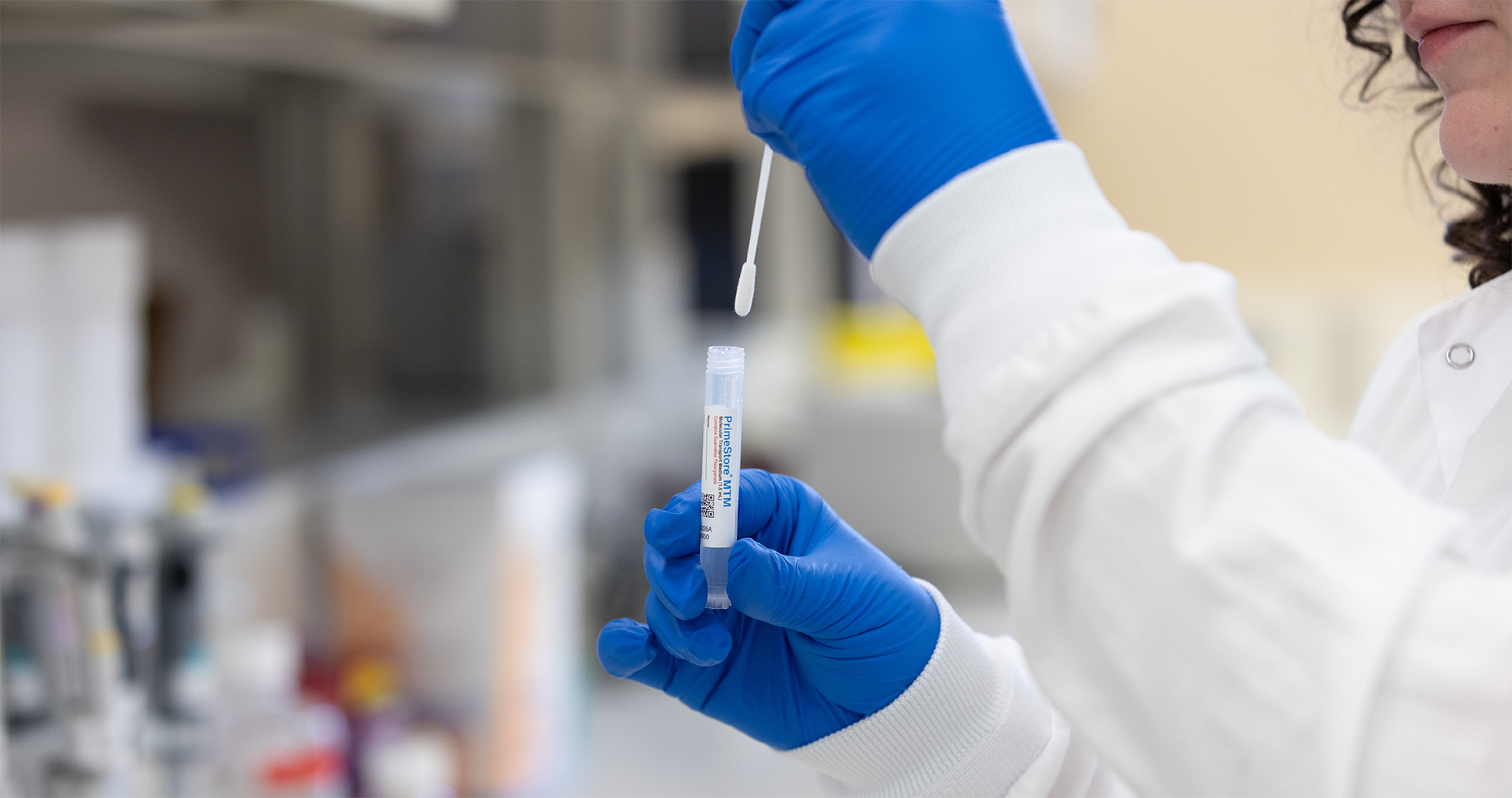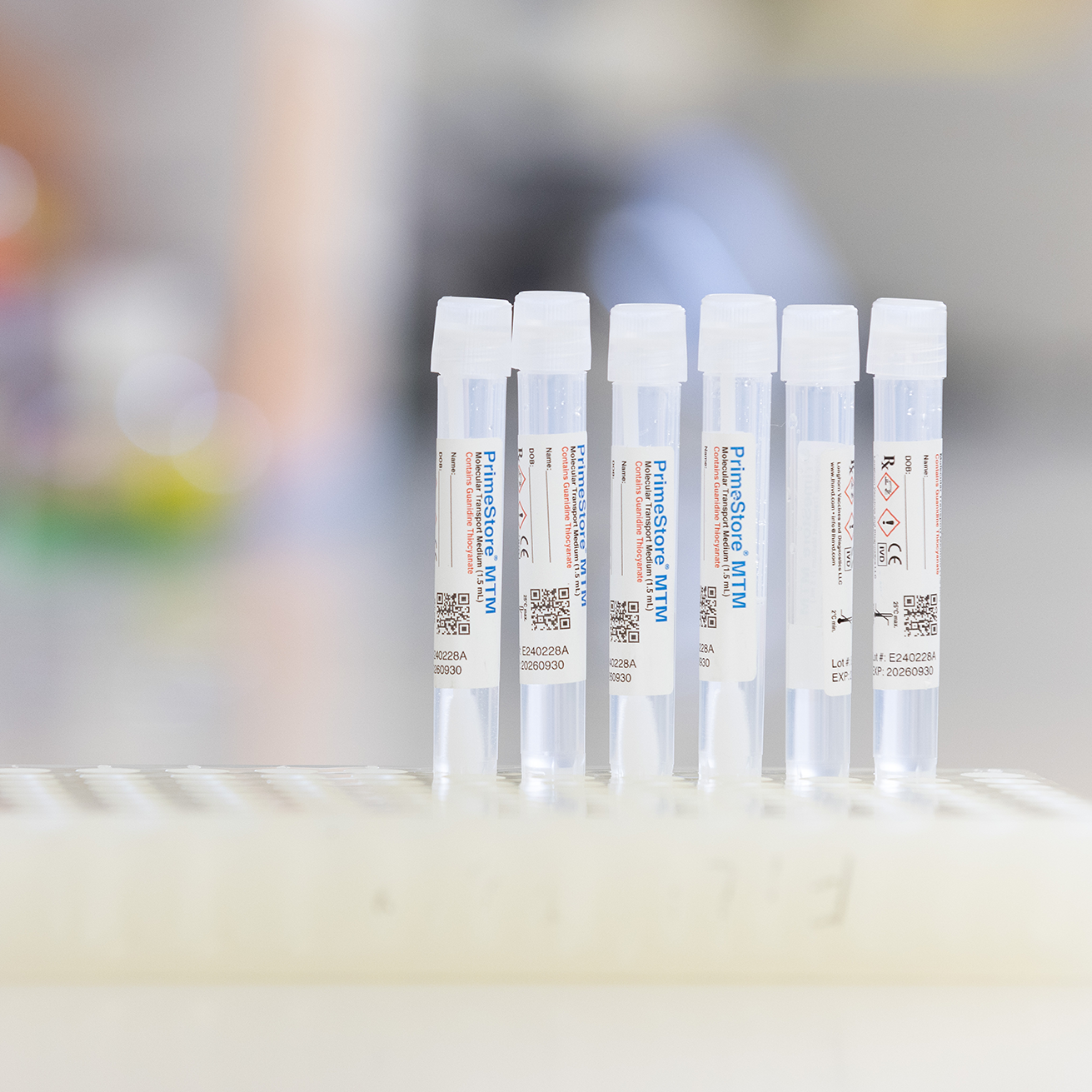Avian Influenza and Mpox Testing Explained
Topics Featured
In the past several years, the world has witnessed a resurgence of concerns surrounding infectious diseases such as avian influenza and mpox. With the potential for significant public health implications, understanding effective testing strategies is paramount. From avian influenza testing in birds and humans to diagnosing mpox, having a clear grasp on these topics ensures we stay ahead in safeguarding our communities.
Avian influenza, often referred to as bird flu, is caused by influenza type A viruses that primarily infect birds but can sometimes spread to humans. Among its various strains, Highly Pathogenic Avian Influenza A(H5N1), or H5N1 bird flu, stands out due to its severe effects on poultry and its potential to transmit to humans. H5N1 bird flu has been found in wild birds worldwide and has led to significant outbreaks in poultry. More recently, it has even been detected in U.S. dairy cows. Although the current public health risk for the general population remains low, the potential implications of H5N1 bird flu are significant. Human cases have been reported, especially among workers who have direct contact with infected animals, highlighting the importance of vigilance and comprehensive avian influenza testing.

Monitoring and controlling these outbreaks is crucial to prevent widespread transmission and to protect both human and animal health. The Centers for Disease Control and Prevention (CDC) has underscored the need for effective surveillance and testing strategies, especially for those in high-risk occupations like poultry and dairy farming. This effort is further supported by the American Society for Microbiology (ASM) and the Association of Public Health Laboratories (APHL), which have developed detailed FAQs to guide clinical laboratories in accurately diagnosing H5N1 bird flu. This collaborative approach helps ensure that any potential outbreaks are identified and contained swiftly, minimizing the risk to public health.
Mpox is a viral zoonotic disease, meaning it can be transmitted from animals to humans. First identified in 1958 in laboratory monkeys, it shares similarities with smallpox but tends to be less severe. Typical symptoms include fever, rash and swollen lymph nodes. While it is generally self-limiting, complications can arise, particularly in immunocompromised individuals or those with comorbidities. Recent outbreaks have highlighted the disease’s potential to spread beyond its traditional geographic boundaries of Central and West Africa. This expansion poses a significant public health concern due to the possibility of human-to-human transmission, especially in densely populated areas or among individuals with frequent travel histories. The reemergence of mpox underscores the need for heightened awareness and vigilance.

Effective mpox testing is crucial for early identification and isolation of cases, thereby curbing the spread. The CDC advises health care providers to consider mpox in patients presenting with compatible symptoms and relevant exposure histories, including recent travel to affected regions or contact with infected individuals. Rapid and accurate diagnosis through Polymerase Chain Reaction (PCR) tests, which analyze clinical samples like swabs from skin lesions, blood or respiratory specimens, remains the gold standard. By prioritizing prompt testing and containment measures, we can better manage and mitigate the impact of this resurgent infectious disease.
PrimeStore® Molecular Transport Medium (MTM) plays a pivotal role in ensuring the accurate and safe testing of avian influenza and mpox. Because it inactivates pathogens right at the point of collection, PrimeStore MTM significantly reduces the risk of exposure to health care workers, making it a vital tool for safe sample handling and transport. By maintaining the stability of the viral genetic material, PrimeStore MTM ensures that the subsequent testing is both accurate and timely. The advantages of using PrimeStore MTM extend beyond safety and preservation. It simplifies the logistics of sample transport by eliminating the need for cold chain requirements, which can be a logistical challenge, especially in remote or resource-limited settings. This flexibility makes it easier for laboratories to manage and process samples, ensuring that public health interventions are based on precise and timely data.

PrimeStore MTM effectively inactivates and preserves avian influenza A(H5N1) virus and monkeypox virus.
Navigating the complexities of infectious disease outbreaks requires not just knowledge, but also the right tools and strategies. Avian influenza and mpox remind us of the critical importance of early detection and accurate testing in protecting public health. The guidance from the CDC, supported by collaborative efforts like those from ASM and APHL, provides a robust framework for addressing these challenges head-on. Innovative solutions such as PrimeStore MTM add another layer of security and efficiency to the diagnostic process. By ensuring safe and stable sample transport, they empower health care professionals to conduct reliable and timely testing, even in the most demanding situations. This enables quicker, more precise responses to outbreaks, ultimately curbing the spread of these diseases.


How can wastewater predict the future?

